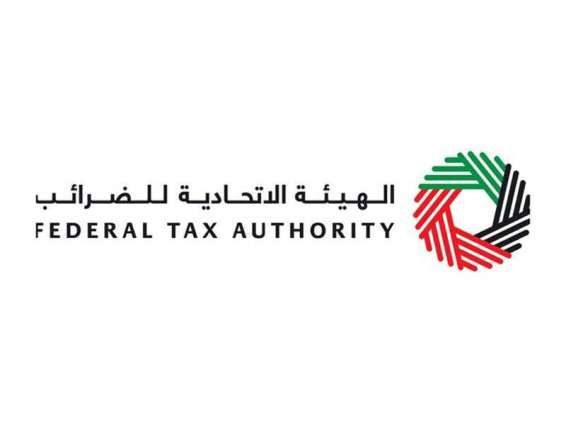ABU DHABI, (Pakistan Point News - 12th Aug, 2020) The Federal Tax Authority, FTA, has clarified via a guide that Value Added Tax, VAT, is applied on e-commerce services (also known as "electronic commerce", sometimes referred to as the "digital economy") upon their actual use or enjoyment in the UAE.
Users should note that although many of the general rules of VAT apply to e-commerce, there are several special rules that apply specifically to e-commerce transactions.
The guide outlines the tax treatment of the supply of electronic services, such as services that are provided directly over the internet, an electronic network, or an electronic market, including the supply of domain Names, web-hosting and remote maintenance of programmes and equipment, software (including the updating thereof), images, text and information provided electronically such as pictures, screen savers, electronic books, documents and other digitised files, music, movies and games on demand, and online magazines.
Other services identified under the banner of "electronic services supplies" include the supply of advertising space on a website and the rights associated with that advertisement, and political, cultural, artistic, sports, scientific, educational or entertainment broadcasts, including broadcasts of events, live streaming via the internet, the supply of distance learning services, and services of any equivalent type that have a similar purpose and mission.
FTA Director-General, Khalid Ali Al Bustani, stated, "Value Added Tax, as it relates to the supply of goods and services through electronic means contributes to supporting the activities of this vital sector, which depends on a locally developed digital and technological infrastructure."
The Authority indicated that all goods and services purchased through online shopping sites are subject to five percent VAT if the place of supply is in the UAE, like any other purchases made by traditional means, as per the special provisions governing the tax treatment of supplies.
The guide, which has been published on the FTA’s website, www.tax.gov.ae, makes the point that in traditional trade transactions, goods and services are usually supplied from a physical location such as a store or representative office, with the supplier or recipient present at the same site. For e-commerce, however, it generally refers to the supply of goods and services that take place on the internet or similar electronic networks, where goods and services are obtained or supplied through electronic means such as computers or mobile phones via websites or electronic applications (apps).
The guide also explains the VAT treatment of goods purchased through electronic platforms and services supplied through electronic means, indicating that taxable persons should charge VAT to customers when supplying taxable goods or services (generally, at the standards rate of five percent, or where the VAT Law permits, at a rate of zero percent). If the supplies are exempt from tax, these supplies are not treated as a taxable supply and therefore no VAT needs to be charged on these supplies.
The FTA clarified in its guide that different conditions and requirements may apply to mandatory or voluntary registration, depending on whether a person has a place of residence in the UAE. A person has a place of residence within the UAE for VAT registration if he has a place of establishment in the UAE.
The guide also deals with the legal requirements for compulsory and voluntary registration, noting that a non-resident may not register voluntarily for VAT based on his ‘taxable expenses. Furthermore, the guide sets out the criteria for determining the place of supply (whether it is inside or outside the UAE), the VAT treatment for supplies of goods through online platforms where the suppliers are UAE residents who are subject to tax, and for suppliers who are not residents.
The guide also provides more information on the procedures for recovering input tax on e-commerce transactions and the application of the "reverse-charge mechanism" which could apply on e-commerce transactions. The reverse-charge mechanism aims to reduce the burden of compliance and the administrative burden related to collecting VAT from non-resident suppliers.




